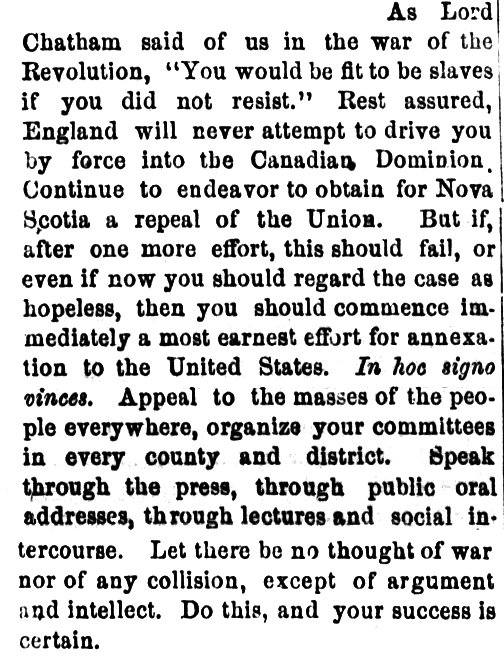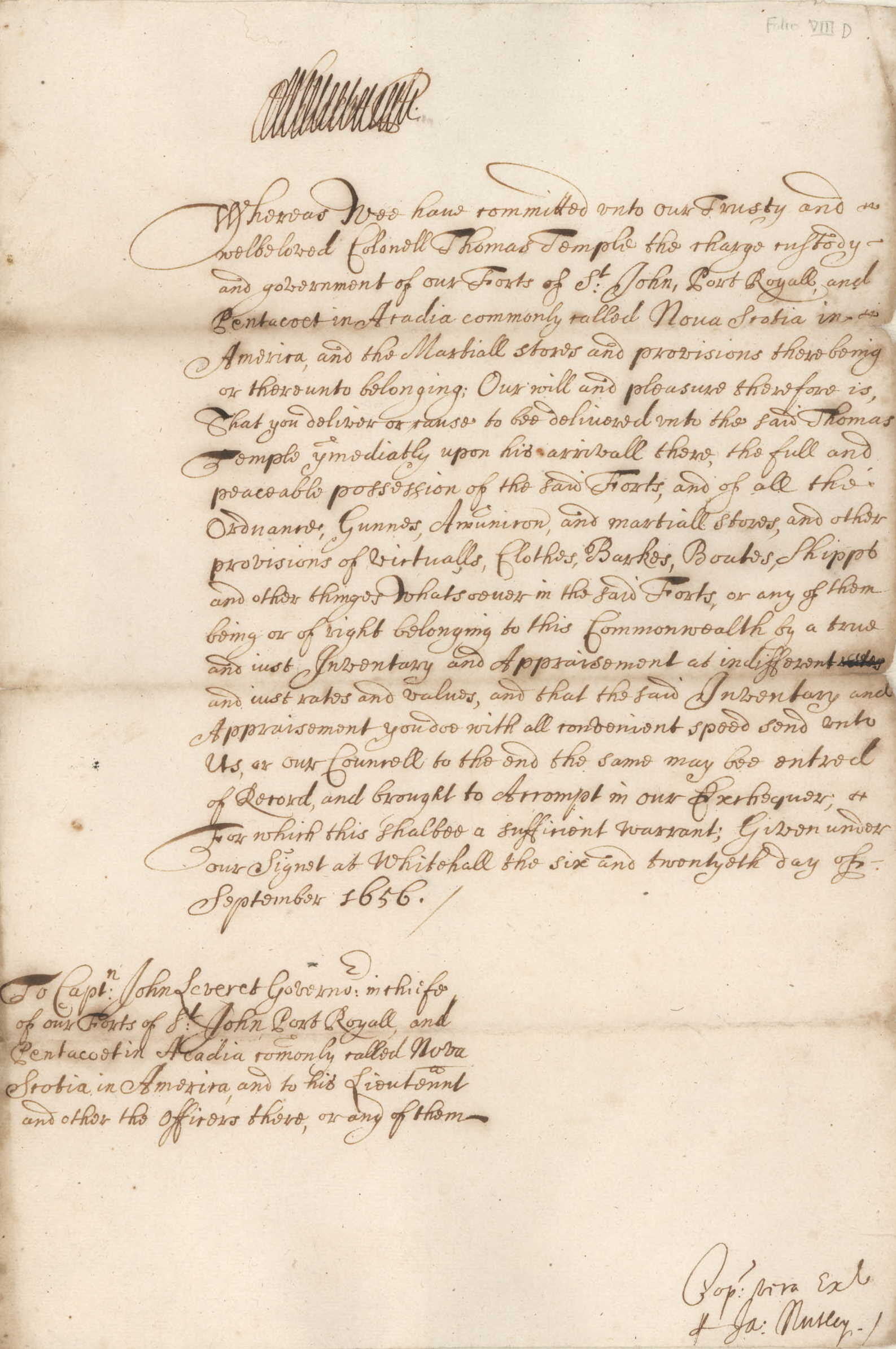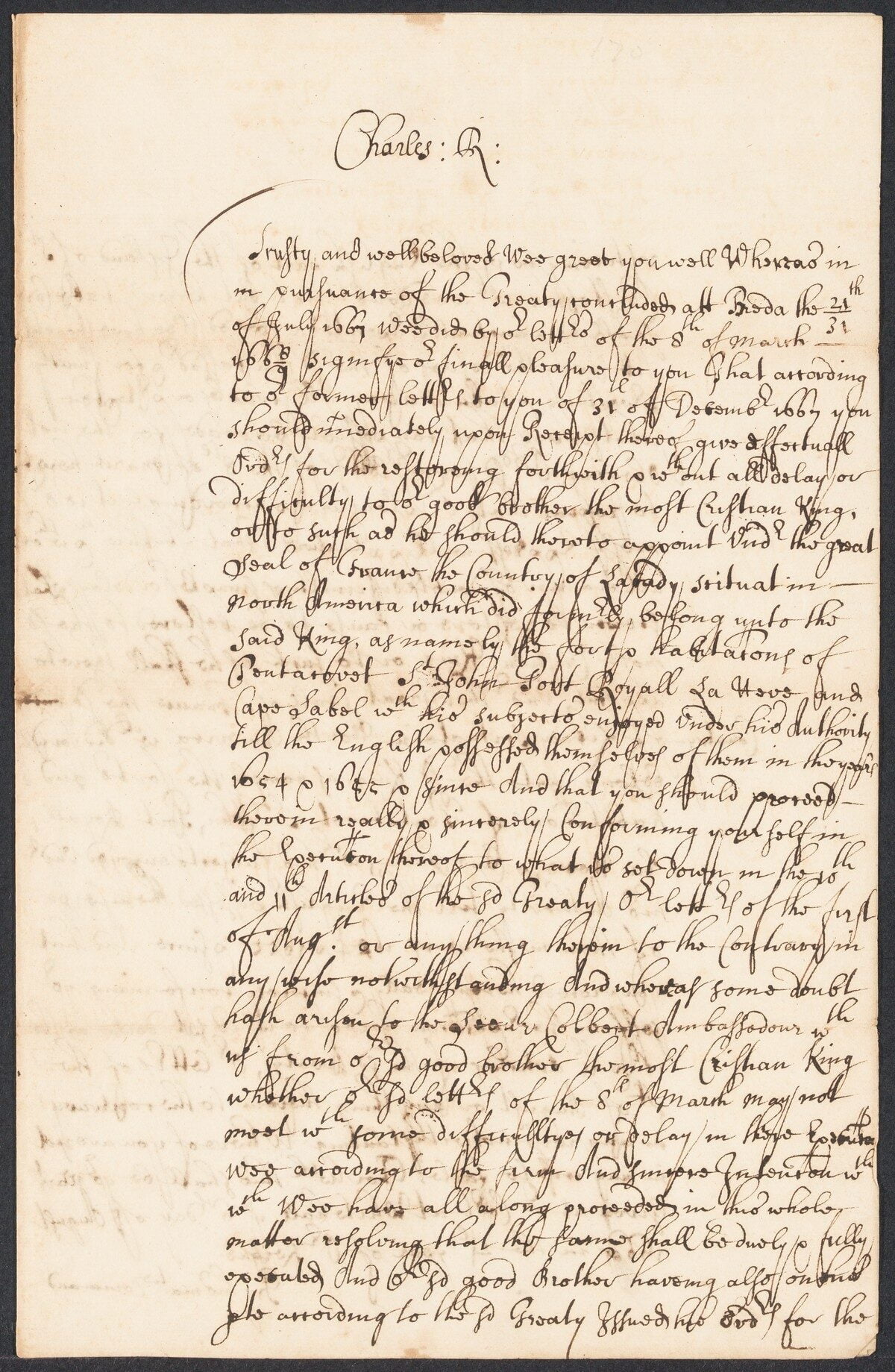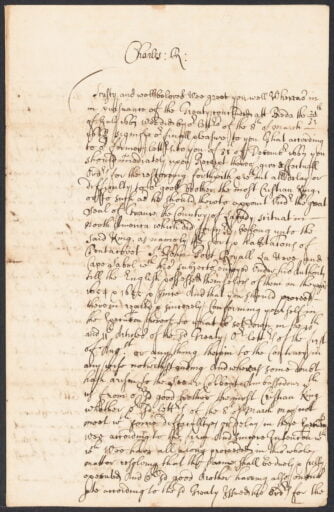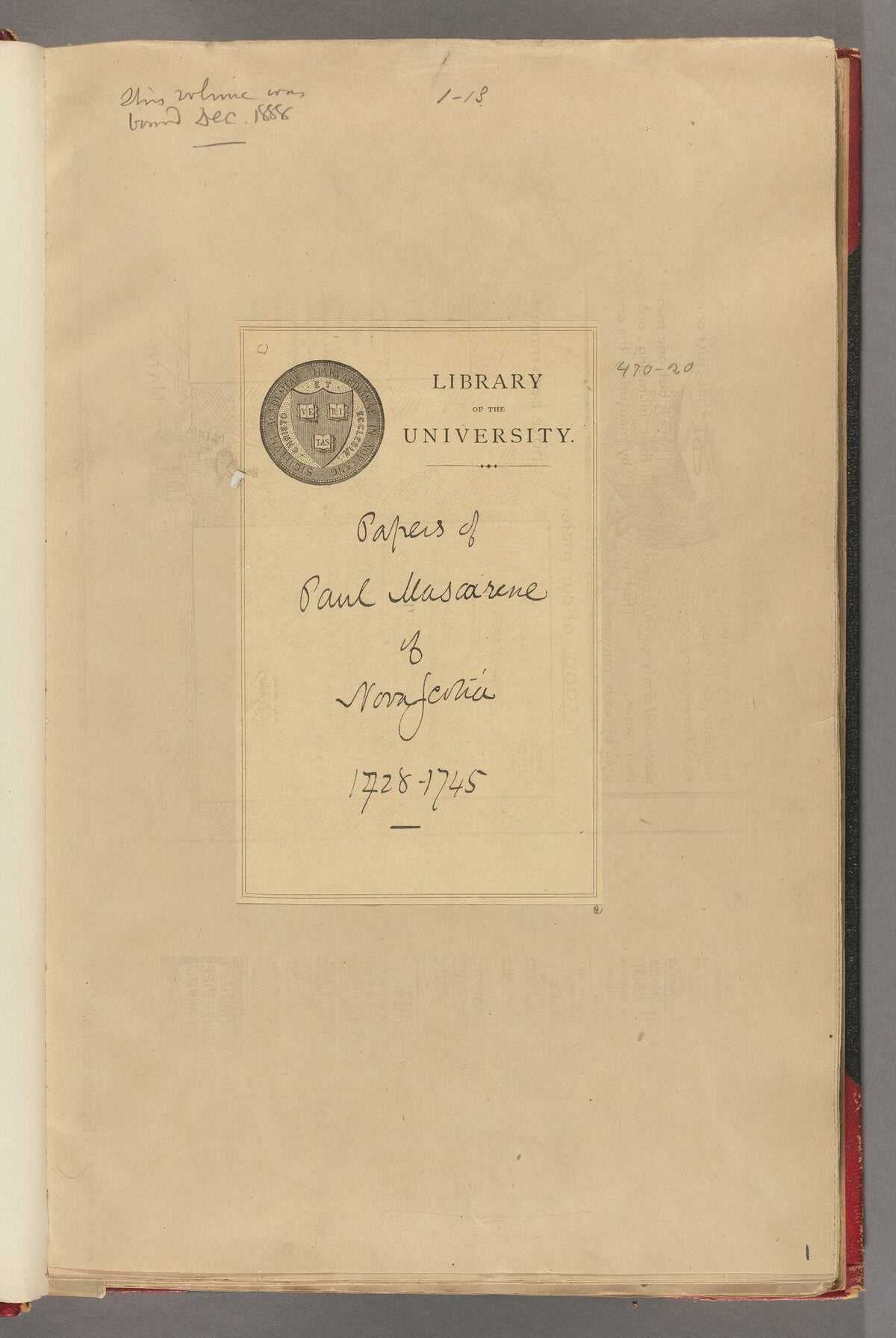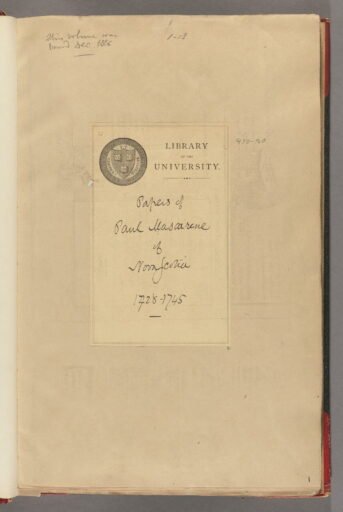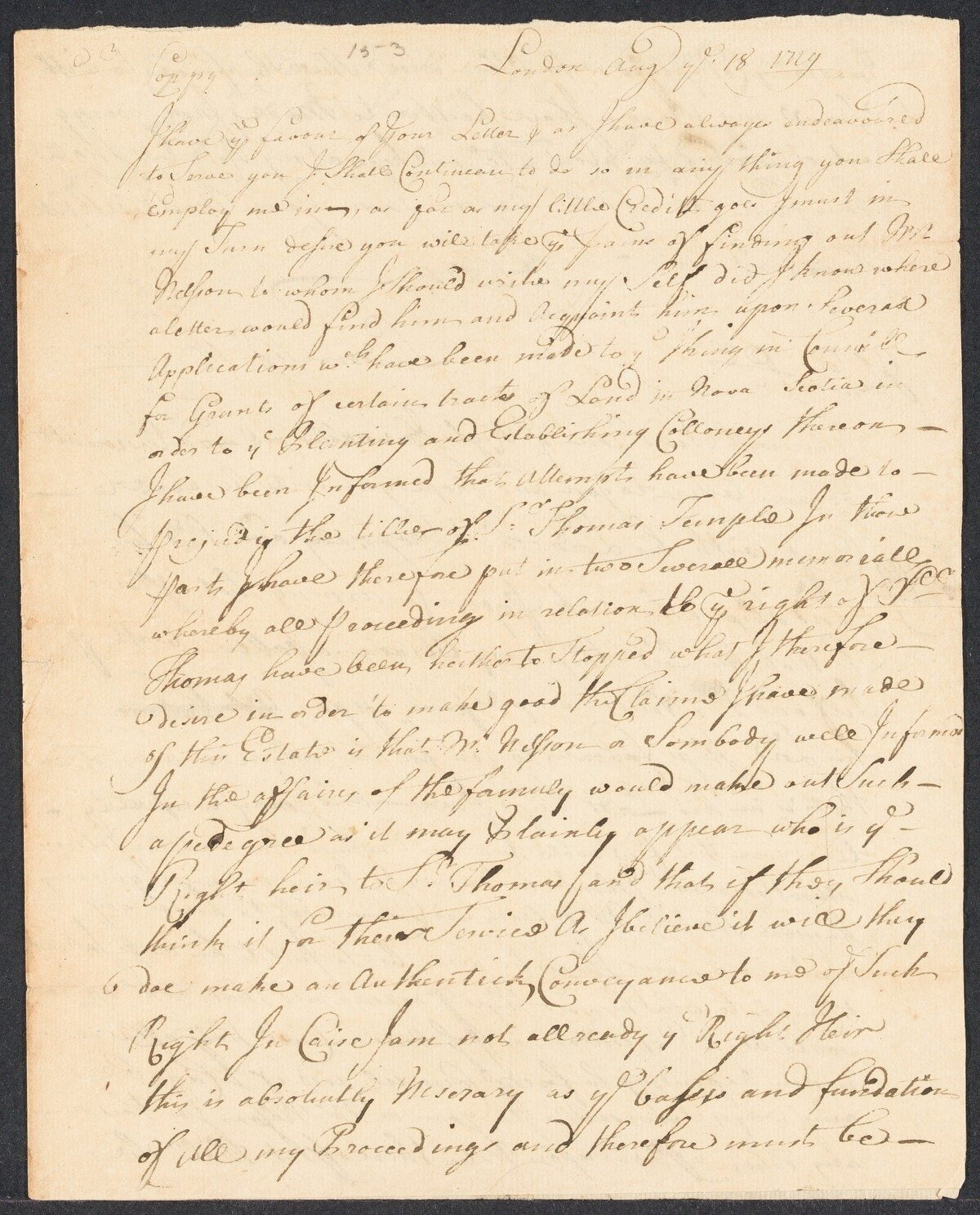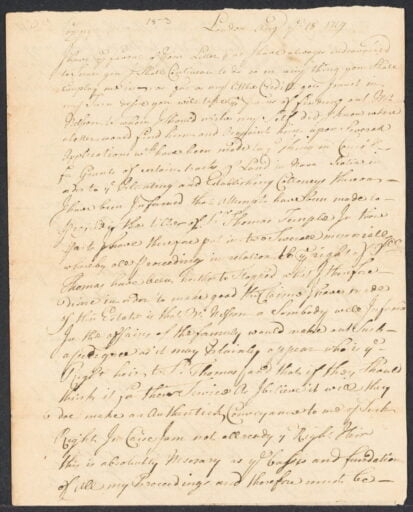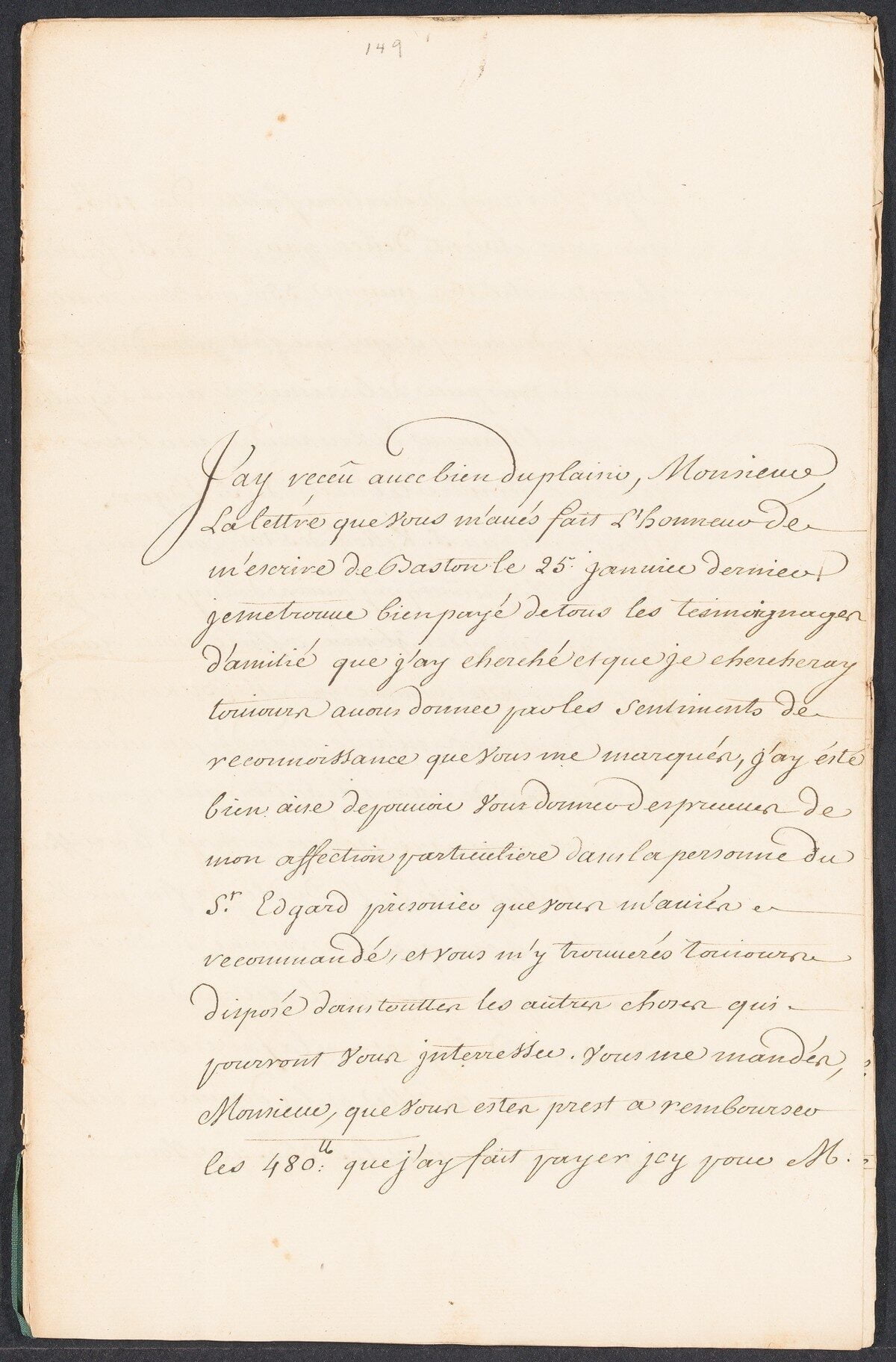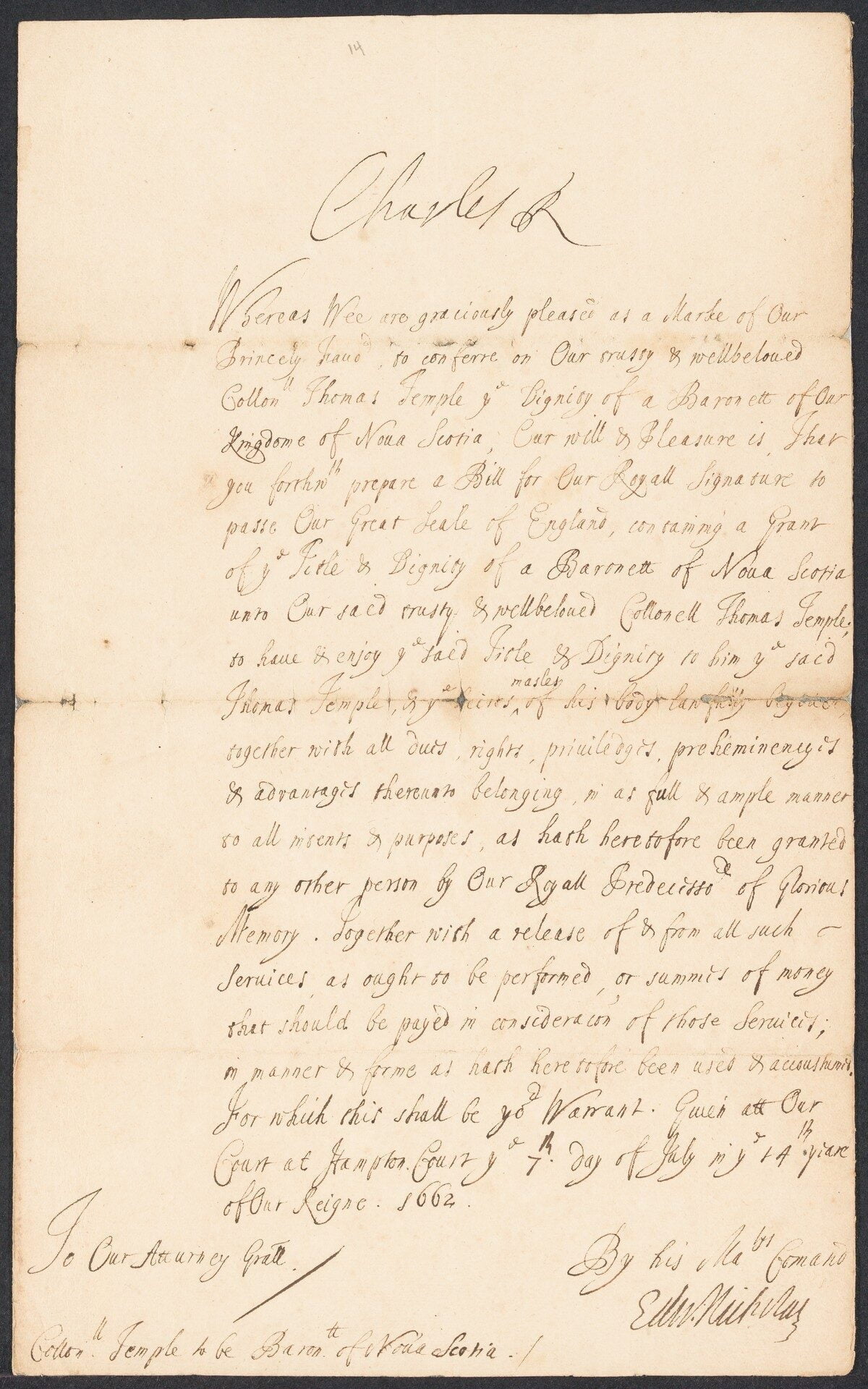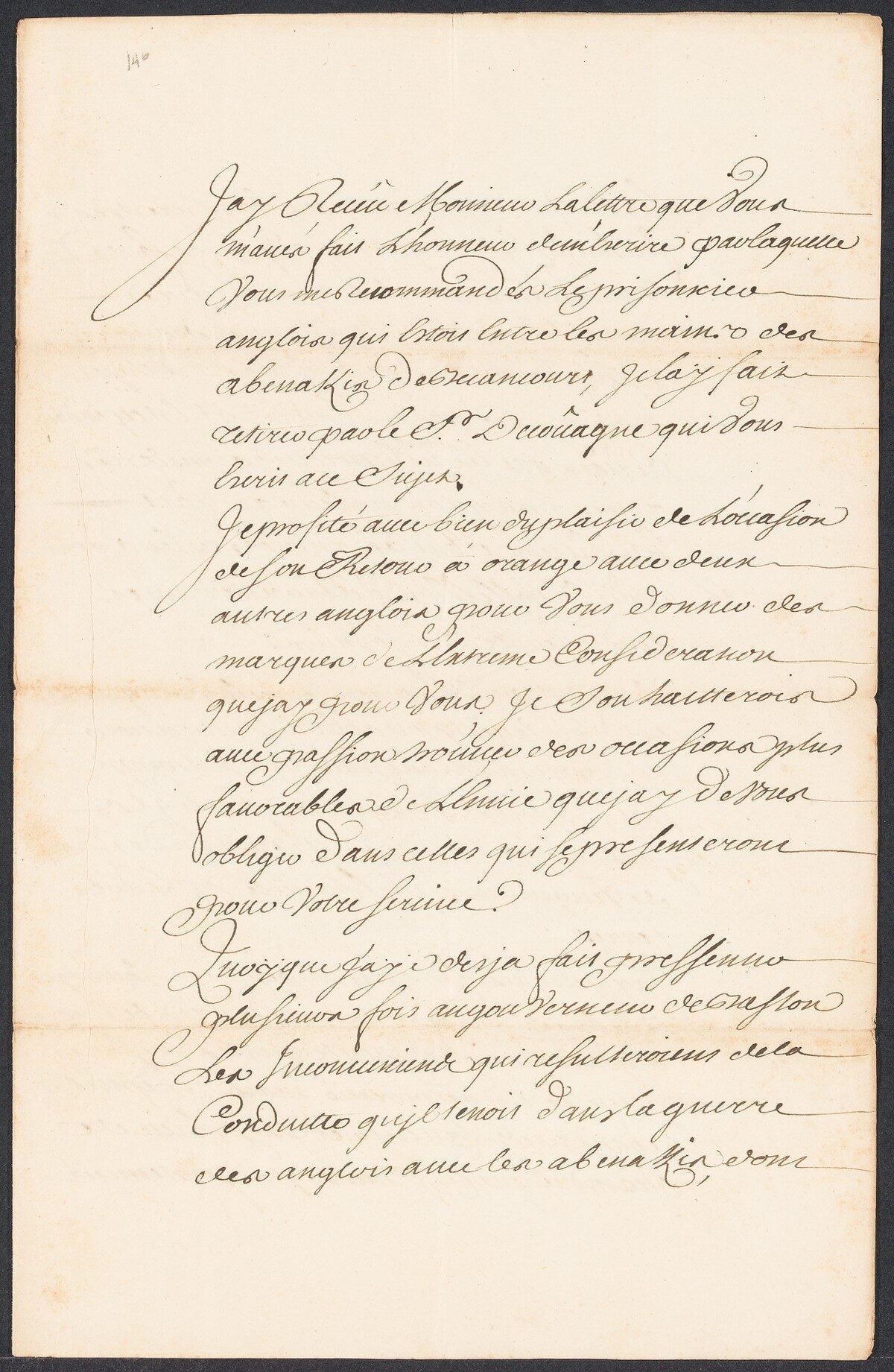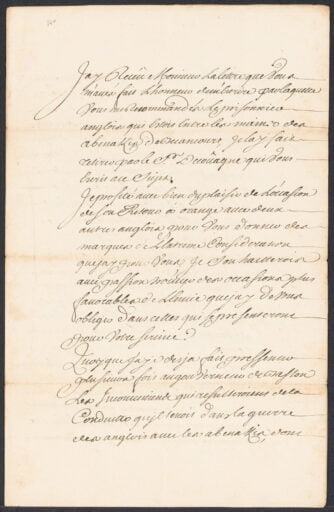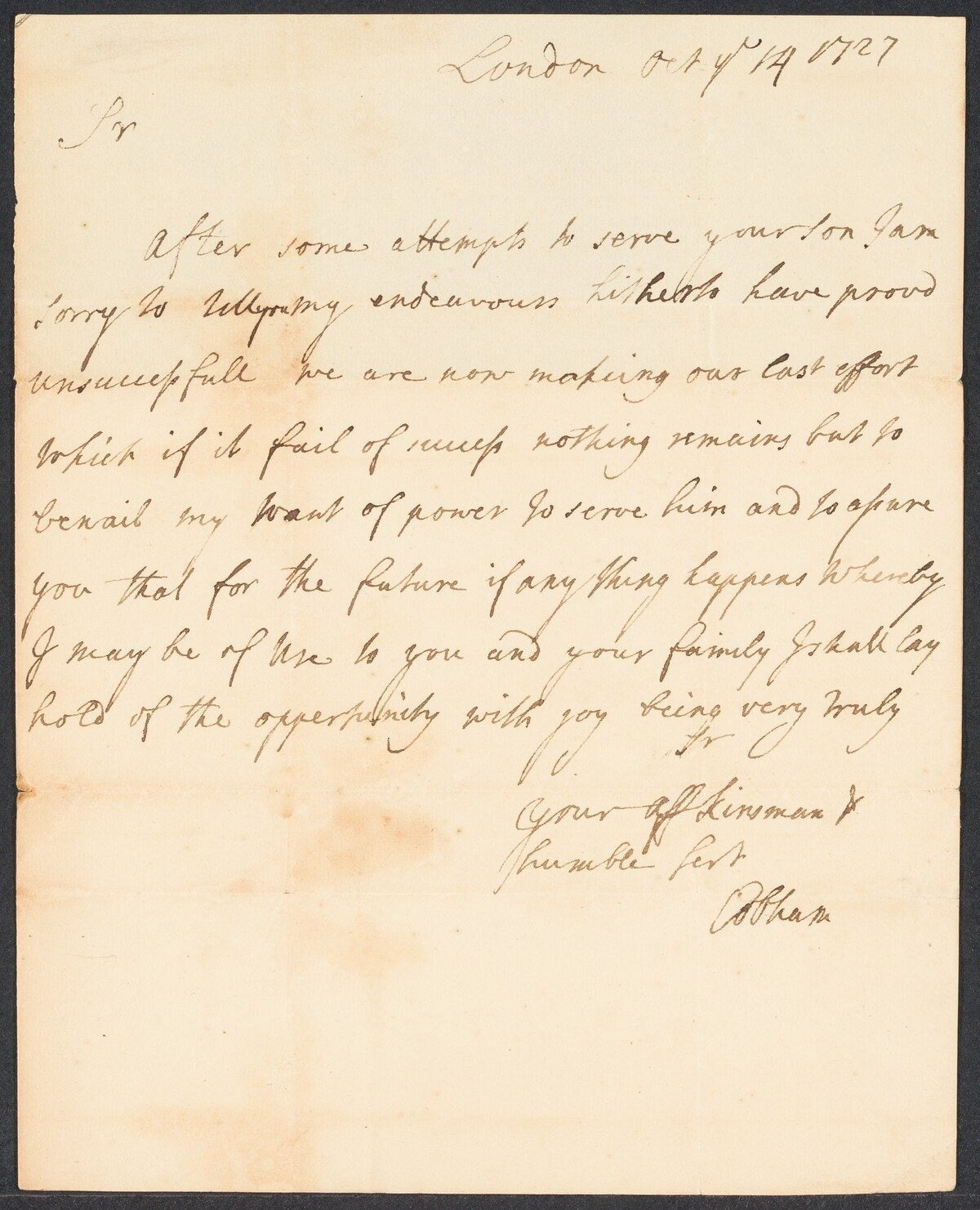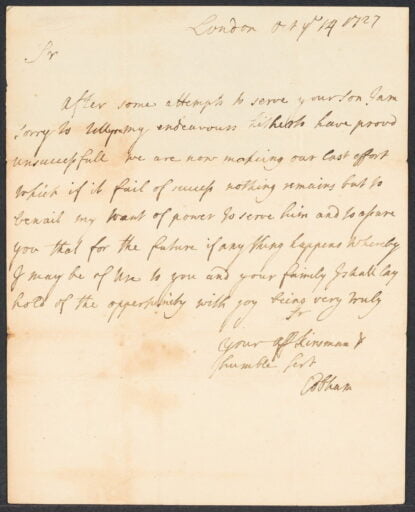“TO WILLIAM CARMICHAEL. Paris, November 4, 1785.:
…
A fracas, which has lately happened in Boston, becoming a serious matter, I will give you the details of it, as transmitted to Mr. Adams in depositions. A Captain Stanhope, commanding the frigate Mercury, was sent with a convoy of vessels from Nova Scotia to Boston, to get a supply of provisions for that colony. It had happened, that two persons living near Boston, of the names of Dunbar and Lowthorp, had been taken prisoners during the war, and transferred from one vessel to another, till they were placed on board Stanhope’s ship. He treated them most cruelly, whipping them frequently, in order to make them do duty against their country, as sailors, on board his ship. The ship going to Antigua to refit, he put all his prisoners into jail, first giving Dunbar twenty-four lashes. Peace took place, and the prisoners got home under the general liberation. These men were quietly pursuing their occupations at home, when they heard that Stanhope was in Boston. Their indignation was kindled. They immediately went there, and, meeting Stanhope walking in the mall, Dunbar stepped up to him, and asked him if he recollected him, and the whipping him on board his ship. Having no weapon in his hand, he struck at Stanhope with his fist. Stanhope stepped back and drew his sword. The people interposed, and guarded him to the door of a Mr. Morton, to which he retreated. There, Dunbar again attempted to seize him; but the high sheriff had by this time arrived, who interposed and protected him. The assailants withdrew, and here ended all appearance of force. But Captain Stanhope thought proper to write to the Governor, which brought on the correspondence published in the papers of Europe. Lest you should not have seen it, I enclose it, as cut from a London paper; though not perfectly exact, it is substantially so. You will doubtless judge, that Governor Bowdoin referred him properly to the laws for redress, as he was obliged to do, and as would have been done in England, in a like case. Had he applied to the courts, the question would have been, whether they would have punished Dunbar? This must be answered now by conjecture only; and, to form that conjecture, every man must ask himself whether he would not have done as Dunbar did? And whether the people should not have permitted him to return to Stanhope the twenty-four lashes? This affair has been stated in the London papers, without mixing with it one circumstance of truth. …”
https://gutenberg.org/files/45847/45847-h/45847-h.htm#Page_473
“TO JOHN ADAMS. Paris, November 19, 1785.:
…
Is it impossible to persuade our countrymen to make peace with the Nova Scotians? I am persuaded nothing is wanting but advances on our part; and that it is in our power to draw off the greatest proportion of that settlement, and thus to free ourselves from rivals who may become of consequence. We are at present co-operating with Great Britain, whose policy it is to give aliment to that bitter enmity between her States and ours, which may secure her against their ever joining us. But would not the existence of a cordial friendship between us and them, be the best bridle we could possibly put into the mouth of England? …”
https://gutenberg.org/files/45847/45847-h/45847-h.htm#Page_488
“The Writings of Thomas Jefferson”. H. A. Washington. 1861 https://www.gutenberg.org/files/45847/45847-h/45847-h.htm
